
views
Samia Nkrumah, the first woman politician in her country to lead a major political party, is the political and ideological heir of her father, Kwame Nkrumah — the first Ghanaian prime minister and president who led the erstwhile British colony of Gold Coast to freedom in 1957.
The 59-year-old was in the capital, attending the United Nations Convention on Combating Desertification (UNCCD) Conference of Parties (COP). In an interview with News18, she argued that gender and poverty are intrinsically linked to the negative impacts of climate change and that women need to become increasingly vocal for the fight against climate change to be successful.
“The face of climate change is poverty and loss of dignity and that manifests itself into various things, including desperate action, like marrying off young women, for instance. I know this is culture-specific because in some parts of the world, we are battling with that even now, but we are mounting a serious campaign to stop child marriage. Essentially, what we are saying is this: when people are poor and desperate, they lose their dignity and they do things they wouldn’t otherwise,” she said.
Across Africa, and in her own country, history shows its direction being shaped by “very strong women”, she said, adding, “If you look at the history of our independence, women were a part and parcel of the struggle. And they were not just well-educated women, but petty traders, farmers who actually embraced the idea of the national liberation and helped the men. I can recall, my father was one of the leaders of the independence movement, and it was the women activists, traders who actually took care of him.”
But there were generally more men leading than women, she pointed out and said that this found reflection in the fight against climate change — much to its detriment. “That is why we don’t see many women leaders against climate change. However, on the ground, there are many women working on the issue because as we keep saying, it is women who mostly have to find the means to feed their families.”
While underscoring the damage that climate change does to human lives, she pointed out that poverty had to be thought in the context of reduction in agricultural productivity and the women, who globally, tend to the farms and their families.
“You have to think of poverty, you have to think of a reduction in agriculture productivity, you have to think of women. Because if you see our rural communities, it is women who are cultivating small plots of land, it is women who are gathering firewood, it is women who are collecting fodder. Women are engaged in this activity and have been forever and they have to provide for their families. I consider all these women as leaders.
“The damage that climate change is doing is not a new phenomenon, but we only started talking about it recently. I am confident, that in the years to come, women are going to be as vocal as men. If this doesn’t happen, change is not going to happen. We need more ordinary people speaking up,” she said.
The key, she said, was participation. “We have strong women, but it’s true that our strength hasn’t been reflected in participation at different levels… There is a deficit of equal participation. We admit that and that is why some of us want to be counted.”
This story is part of Covering Climate Now, a global collaboration of more than 250 news outlets to strengthen coverage of the climate story.










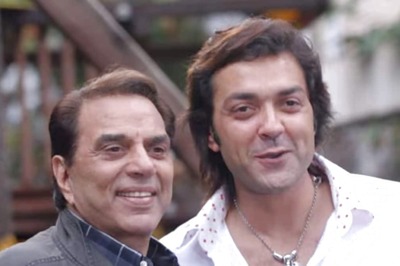
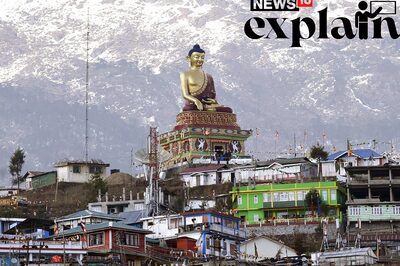
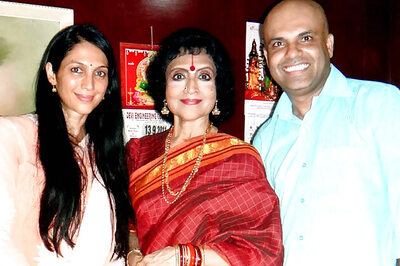





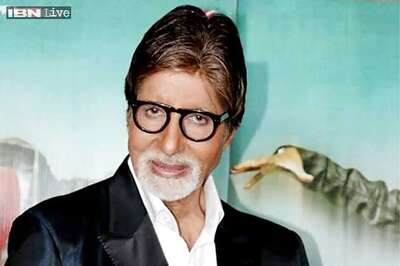
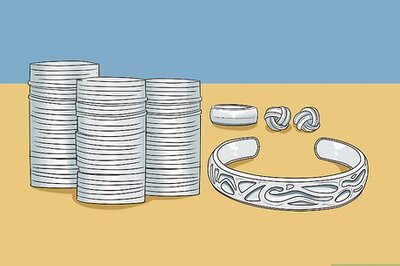
Comments
0 comment